Civil Society Expresses Grave Concern About Partnership Between UN Agency UNITAR And Alcohol Giant Anheuser-Busch InBev
To:
The Honorable Nikhil Seth
Executive Director
United Nations Institute for Training and Research
Palais des Nations
1211 Geneva
Switzerland
Dear Mr. Seth,
It is with tremendous appreciation and respect for the work and mission of UNITAR that we address this letter to you. We commend UNITAR for the crucial role it plays in helping empower individuals, governments and organizations with knowledge to overcome global challenges.
We write to you to express our grave concern about the recently announced partnership with Anheuser-Busch InBev, the world’s largest beer producer. This is an incompatible partnership considering the track record of AB InBev as a company[1] and the vast evidence-base on alcohol as a major risk factor in road traffic crashes[2].
With all due respect, we therefore, ask you to immediately end this partnership.
Like UNITAR, we are committed to helping solve some of the world’s biggest challenges. Like UNITAR we dedicate our work to help achieve the 2030 Agenda. Like your esteemed organization, we support the creation of innovative partnerships that unlock synergies and untapped potential to reach the Sustainable Development Goals. Such partnerships are vital to address cross-cutting drivers and determinants of ill-heath and poverty, to mobilize resources, and to galvanize truly sustainable efforts across different sectors to implement evidence-based solutions for transformational change.
However, not all partnerships serve these ends. In fact, there is a growing body of evidence[3] demonstrating the counter-productive effects of incompatible partnerships[4]. Therefore, we respectfully point out the dangers inherent in partnerships with the alcohol industry[5].
Alcohol and road safety
Partnering with the alcohol industry to promote road safety constitutes a fundamental and grave conflict of interest.
Driving under the influence of alcohol (DUI) is a major risk factor for road traffic injuries – the leading causes of death among 15-29 year olds globally[6]. Impairment by alcohol is an important factor influencing both the risk of a collision and the severity of the injuries that result from crashes[7].
Especially, but not exclusively, in low- and middle-income countries alcohol is a major risk factor for road traffic crashes because of the lack of alcohol control measures and strong drink-driving legislation with a general BAC limit and the absence of enforcement of such policies[8]. As a result:
- 1 in 4 road fatalities in the EU is alcohol related. In 2010 nearly 31,000 Europeans were killed on the roads of which 25% of deaths were related to alcohol[9]
- Studies in low-income countries have shown alcohol to be present in between 33% and 69% of fatally injured drivers[10]
- In South Africa, alcohol was found to contribute to 61% of fatalities among pedestrians[11]
Therefore, cost-effective and evidence-based measures to enhance road safety include alcohol taxation and best buys policy measures, as well as Blood Alcohol Concentration (BAC) limits of 0.05g/ml for the general motoring population and zero BAC limits for more at-risk groups (e.g. novice and commercial drivers), sobriety check-points, enforcement of random breath testing, combined with swiftness of punishment (i.e. administrative license revocation)[12] and supporting public awareness campaigns and alcohol ignition interlocks in vehicles[13].
Evidence shows that these measures are most often strongly opposed by the alcohol industry. Moreover, the majority of the alcohol industry’s actions to reduce driving under the influence and improve road safety – including designated driver programs, ride services and poorly designed media campaigns – lack evidence of effectiveness or haven’t been well-studied[14].
Unethical business practices
Alcohol is no ordinary product and the alcohol industry is no ordinary industry. It is in fact manufacturing disease[15] and has accumulated so much financial and political power that they can block, alter, and derail public policies that promote public health, social justice and sustainable development when they jeopardize their profit margins.
AB InBev, for example, has a long track record of unethical business practices. The Lux Leaks, the Paradise Papers, and an ActionAID report[16] all show that AB InBev actively works to avoid paying appropriate taxation[17].
AB InBev is also tightly connected to the tobacco industry. American tobacco company, Altria, is a major shareholder.[18] Unethical marketing practices are pervasive; exposing children and youth to alcohol marketing and sexualizing and de-humanizing women through marketing is a widespread practice across brands that AB InBev owns.
AB InBev and the alcohol industry in general have also been exposed for attacking and distorting independent science. The tactics the alcohol industry uses to distort science are dilution, distraction, concealment and manipulation[19].
Apparent, multiple conflicts of interest
For its work, UNITAR relies on independent scientific evidence to provide the most comprehensive and compelling high-quality learning experiences and related products and services. However, evidence shows that the alcohol industry works to undermine independent, high-quality science, for instance through suppressing results or attacking scientists[20].
To advance road safety and achieve SDG 3.6, WHO best buy alcohol policy measures, along with other effective drunk-driving measures, need to be comprehensively implemented. However, evidence shows that the alcohol industry, including AB InBev, is opposing and pre-empting such initiatives through their corporate political activities and lobbying.
We are convinced that all these points are good reasons for UNITAR to stay away from partnering with any alcohol industry actor. Given UNITAR’s mission and AB InBev’s troubled relationship with independent science and evidence-based alcohol control measures, we believe there are apparent conflicts of interest at work in this partnership.
Respectful request for reconsideration
We are deeply concerned about this partnership and its implications for global health and the sustainable development agenda. We are concerned about what this partnerships will do to UNITAR’s reputation, credibility and trustworthiness. We therefore respectfully request that you end the partnership with AB InBev and that UNITAR revises its partnership policies based on the lessons learned from this case.
We welcome discussion and remain at your disposal.
Yours sincerely,
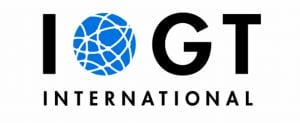
Ms. Kristina Sperkova,
International President
IOGT International
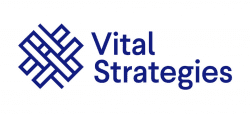
Vital Strategies, USA
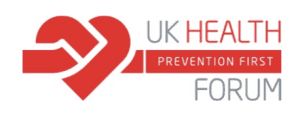 Prof. Paul Lincoln
Prof. Paul Lincoln
CEO
UK Health Forum
United Kingdom
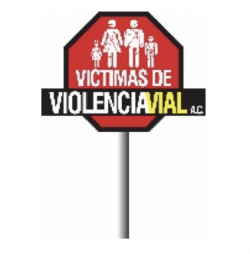
Ms. Alma Alma Aracely Chávez Guth
President
Victimas de Violencia Vial (VIVIAC)
Mexico
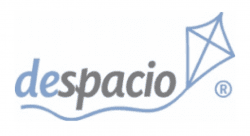
Mr. Carlos Felipe Pardo
Executive Director
Despacio
Colombia

Ms. Aline Cavalcante
Director General
Ciclocidade
Brazil
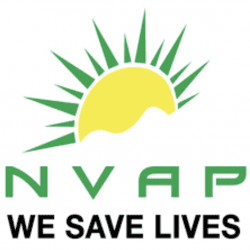
Mr. Emer Rojas
President
New Vois Association of the Philippines
Philippines

Ms. Nina Renshaw
Secretary-General
EPHA
Belgium
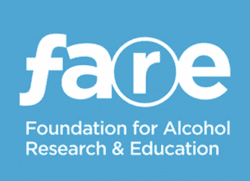
Mr. Michael Thorn
Chief Executive
FARE
Australia

Prof. Sally Casswell
Chair
GAPA
New Zealand
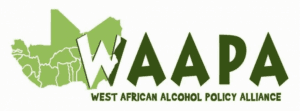
Mr. Franklin Umenze
Chair
West African Alcohol Policy Alliance
Ghana
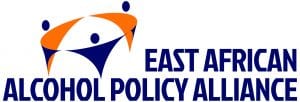
Mr. William Ntakuka
Vice Chair
EAAPA
Kenya
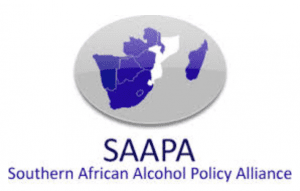
Mr. Philip Chimponda
Chair
SAAPA
Zambia
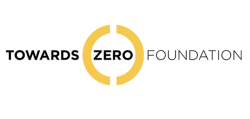
Mr. David Ward
Senior Fellow
Towards Zero Foundation
United Kingdom
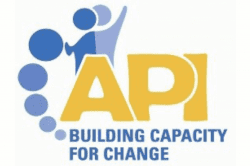
Mr. Sinthay Neb
Senior Technical Advisor
Advocacy and Policy Institute (API)
Cambodia
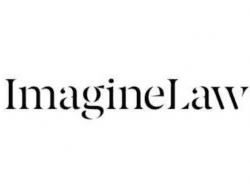
Ms. Sophia San Luis
Executive Trustee
ImagineLaw
Philippines
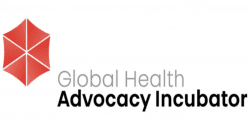
Ms. Marina Carter
Managing Director
Global Health Advocacy Incubator
United States
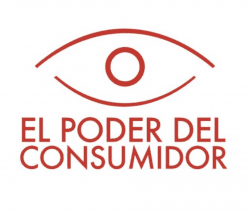
Mr. Alejandro Calvillo
Director General
El Poder del Consumidor
Mexico
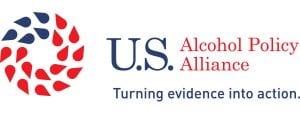
Ms. Diane Riibe
Executive Director
United States Alcohol Policy Alliance
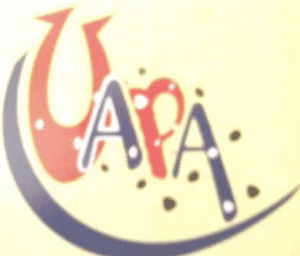
Mr. David Kalema
Chair
Uganda Alcohol Policy Alliance
Uganda

Kenya Alcohol Policy Alliance
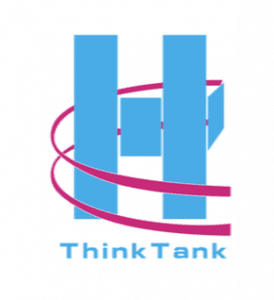
Dr. Wang Ke-An
Director
ThinkTank Research Center for Health Development
China
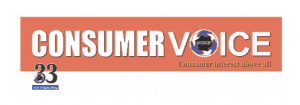 Mr. Ashim Sanyal
Mr. Ashim Sanyal
Chief Operating Officer & Secretary
Consumer VOICE
India
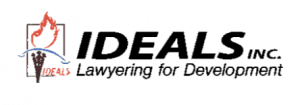 Mr. Antonio L. Salvador
Mr. Antonio L. Salvador
Road Safety Project Coordinator
IDEALS
Philippines
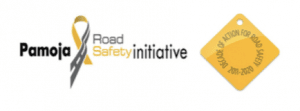 Mr. Lucas Munene
Mr. Lucas Munene
Executive Director
Pamoja Road Safety Initiative
Kenya
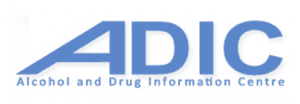 Mr Pubudu Sumanasekara
Mr Pubudu Sumanasekara
Executive Director
Alcohol and Drug Information Center (ADIC)
Sri Lanka
- Mr. Issah Alli
Coordinator
Ghana Alcohol Policy Alliance - Mr. Alagie B Janneh
Coordinator
Gambia Alcohol Policy Alliance - Ms. Adeline Kayombo
Chair
Tanzania Alcohol Policy Alliance - Mr. Spageon Ngabo
Chair
Burundi Alcohol Policy Alliance - Mr. Franklin Umenze
Coordinator
Nigeria Alcohol Policy Alliance
Note to the editors:
For immediate release on March 1, 2018
For media contacts:
IOGT International
Maik Dünnbier
Director of Strategy and Advocacy
+46721555036
maik.duennbier@iogt.org
www.iogt.org
Download
Letter of concern to UNITAR regarding partnership with AB InBev (PDF)
List of references:
[1] Case examples of unethical conduct: AB InBev: https://movendi.ngo/?s=AB+InBev, accessed February 22, 2018
[2] WHO Global Status Report on Road Safety 2015
[3] Collin J, Hill SE, Kandlik Eltanani M, Plotnikova E, Ralston R, Smith KE (2017) Can public health reconcile profits and pandemics? An analysis of attitudes to commercial sector engagement in health policy and research. PLoS ONE 12(9): e0182612. https://doi.org/10.1371/journal.pone.0182612
[4] Modi Mwatsama & Erica Di Ruggiero (2018): Lessons from interactions between public health and the food and drinks industry, in: The Lancet Global Health Blog, http://globalhealth.thelancet.com/2018/01/19/lessons-interactions-between-public-health-and-food-and-drinks-industry (Accessed February 22, 2018)
[5] Jiang, N. & Ling, P.: Alliance between tobacco and alcohol industries to shape public policy, in: Addiction. 2013 May; 108(5): 852–864. doi:10.1111/add.12134.
[6] WHO Global Status Report on Road Safety 2015
[7] WHO World Report on road traffic injury prevention, 2004
[8] O’Connor LR, Ruiz RAL. Alcohol and Hospitalized Road Traffic Injuries in the Philippines. The Yale Journal of Biology and Medicine. 2014;87(3):307-319.
[9] Transport Research and Innovation Portal (TRIP) consortium on behalf of the European Commission’s Directorate-General for Mobility and Transport (DG MOVE): Traveling save in Europe by road, rail and water, 2014
[10] WHO Raod Safety fact sheet: http://www.who.int/violence_injury_prevention/publications/road_ traf c/world_report/alcohol_en.pdf
[11] Pedestrian safety: A road safety manual for decision-makers and practitioners, World Health Organization, 2013
[12] Babor, T et al. 2010. Alcohol No ordinary commodity; research and public policy; Second edition, Oxford University Press, Oxford.
[13] Filtness, et al. 2015. Options for rehabilitation in interlock programs. Austroads, Sydney, NSW.
[14] Marissa B. Esser, James Bao, David H. Jernigan, Adnan A. Hyder, “Evaluation of the Evidence Base for the Alcohol Industry’s Actions to Reduce Drink Driving Globally”, American Journal of Public Health 106, no. 4 (April 1, 2016): pp. 707-713. DOI: 10.2105/AJPH.2015.303026 (See also: Industry initiatives to prevent drinking and driving lack evidence of effectiveness, Science Daily, 18 February 2016,
[15] Stuckler D, McKee M, Ebrahim S, Basu S (2012) Manufacturing Epidemics: The Role of Global Producers in Increased Consumption of Unhealthy Commodities Including Processed Foods, Alcohol, and Tobacco. PLoS Med 9(6)
[16] Act!onAID: Calling time. Why SABMiller should stop dodging taxes in Africa, 2012
[17] Case examples of unethical conduct: AB InBev: https://movendi.ngo/?s=AB+InBev, accessed February 22, 2018
[18] Tobacco Giant Altria Gains Profits From AB InBev (2017), https://movendi.ngo/news/2017/08/26/tobacco-giant-altria-gains-profits-ab-inbev/ (Accessed February 22, 2018)
[19] Babor, t., et.al: Relationships with the alcoholic beverage industry, pharmaceutical companies, and other funding agencies: Holy grail or poisoned chalice? In: Publishing addiction science, 2nd edition, chapter 13, international society of addiction journal editors
[20] Martino FP, Miller PG, Coomber K, Hancock L, Kypri K (2017) Analysis of Alcohol Industry Submissions against Marketing Regulation. PLoS ONE 12(1): e0170366. doi:10.1371/journal.pone.0170366
